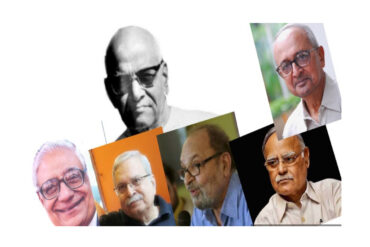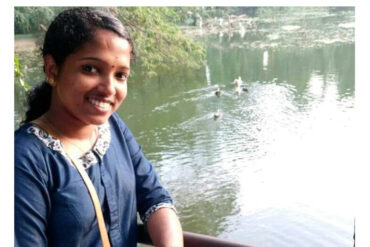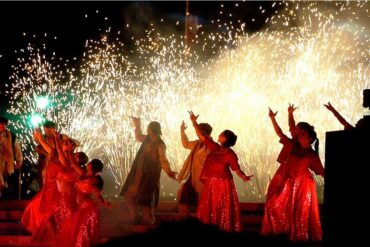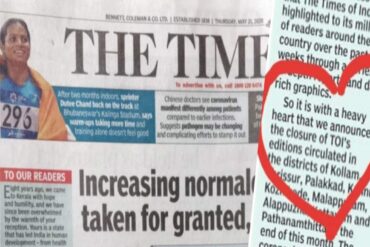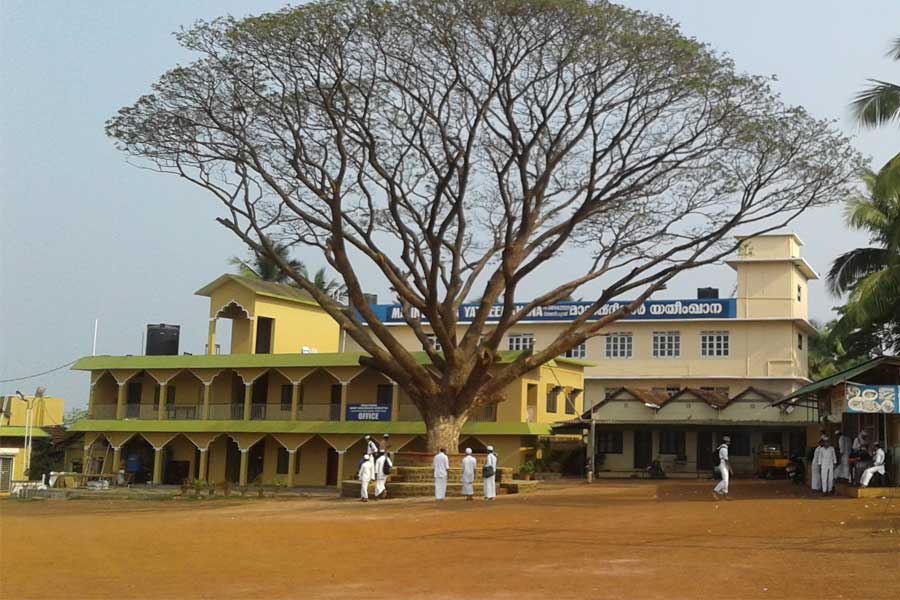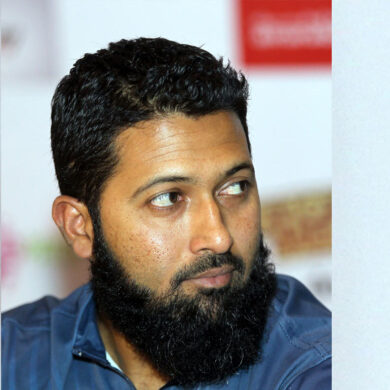After five years of investigation into how 579 children from underprivileged families in West Bengal, Jharkhand and Bihar had landed up at the Palakkad Railway Junction, on their way to two major orphanages in Kozhikode and Malappuram, the Central Bureau of Investigation (CBI) has now found nothing illegal about it. Children from poorer backgrounds, even if their parents are alive, are free to seek admission to such orphanages expecting a better future and such initiatives did not involve any kind of child trafficking, observed the CBI.
For reasons best known to them, Kerala’s mainstream media paid little attention to the final report filed by the CBI in a judicial magistrate court in Kochi last week absolving Mukkom Muslim Orphanage in Kozhikode and Anwarul Orphanage at Vettathur in Malappuram of any illegality for soliciting children from West Bengal, Jharkhand and Bihar. The media was not so indifferent in 2014 when these 579 children were detained at the railway station on the suspicion of alleged trafficking.
Eight people from the three states who accompanied the children on the long journey were arrested by the railway police when media dubbed them as operatives of an inter-state child trafficking mafia. Without hearing the side of the arrested people and orphanage heads, the television channels had vied with each other in telecasting breaking stories reinforcing their assumptions of child trafficking involving huge money. The then Kerala BJP President V Muraleedharan had immediately asked for a CBI enquiry.
Reports from these villages reveal that the children are from extremely poor backgrounds and have gone without schooling for the last five years. They lost a chance to get an education and proper grooming albeit in a different state.
A few of the office bearers of these orphanages are senior leaders of Indian Union Mulsim League (IUML), the major alliance partner of the Indian National Congress in Kerala, and this added fuel to the fire and gave it a political twist. The CBI has informed the court that the children were taken to Kerala by these orphanages with their parents’ knowledge and approval.
The National Herald reports that during the course of the investigation, “CBI officials found that Idris Alam, a cook at one orphanage, had admitted his daughter and son at Mukkam Muslim Orphanage and Manassery Muslim orphanage respectively, in Kozhikode. His wife was employed there as a cleaner. When they went home to Bihar and Jharkhand, their neighbours and relatives, who are all daily wage labourers, requested the couple to take their children as well since most of them had at least seven children each.”
The children, 346 boys and 233 girls, who came from Malda in West Bengal, Godda in Jharkhand and Bhagalpur and Banka in Bihar lost an opportunity for a better future because of the hue and cry and the subsequent inquiry. In its report to the court, the CBI has also quoted a recent affidavit filed by the Bihar Government in the Supreme Court denying any kind of child trafficking to Kerala. It had also cited an order of the Social Justice Department of Kerala dated June 22, 2013 permitting admission of children from financially backward families of other states to leading orphanages in the state even if their parents were alive.
As per a rough estimate, Kerala has over 1100 orphanages. Most of them are running below their optimal capacity because of the vast improvement in the living standards prevailing in Kerala. Shortage of inmates has affected the normal functioning of these orphanages, which get grants and donations from within and outside the country. It may not entirely be philanthropy but business concerns that force these orphanages to look for inmates outside the state
After the 2014 incident, no orphanage in Kerala has dared to admit poor children from elsewhere in the country. The CBI findings come as a welcome relief to the orphanages—the report clearly says that there was no threat, intimidation, bribing or any form of coercion. It turns out that the media in Kerala had blown a minor issue out of proportion.
Is there anything wrong in underprivileged children from other parts of the country getting admission in Kerala’s leading private orphanages, which face a peculiar crisis of not having enough children?
Cover Image: For representative purposes only

